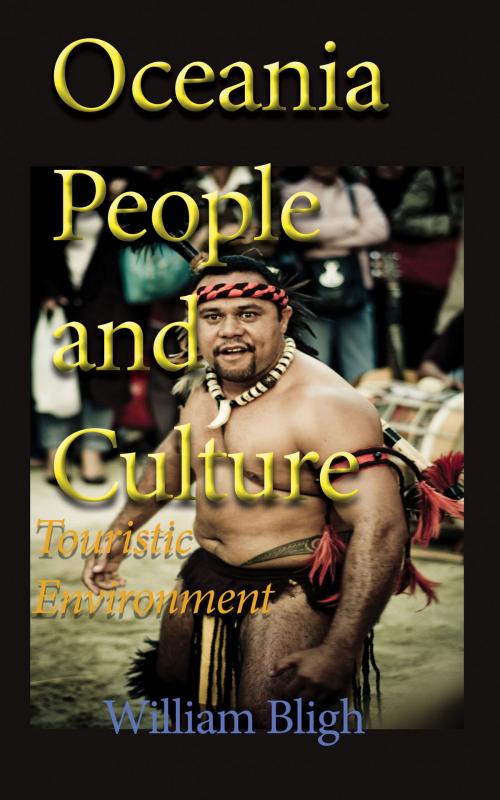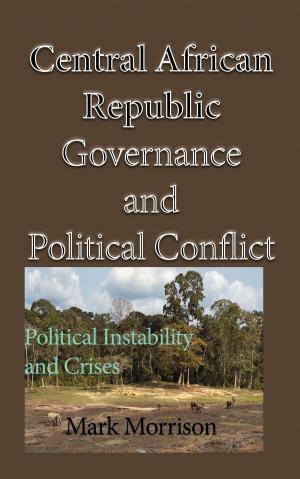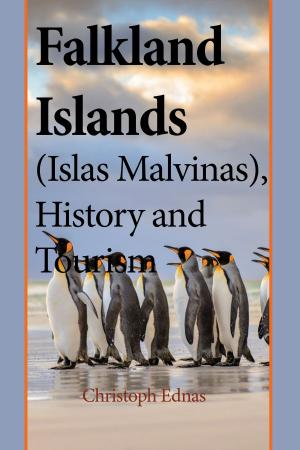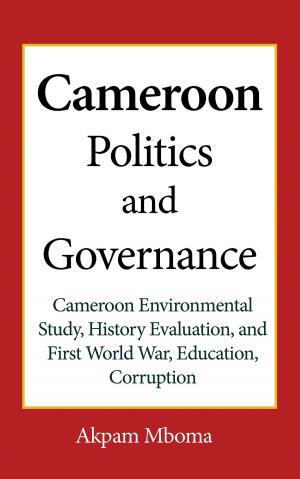| Author: | William Bligh | ISBN: | 9781370276462 |
| Publisher: | Jean Marc Bertrand | Publication: | October 25, 2017 |
| Imprint: | Smashwords Edition | Language: | English |
| Author: | William Bligh |
| ISBN: | 9781370276462 |
| Publisher: | Jean Marc Bertrand |
| Publication: | October 25, 2017 |
| Imprint: | Smashwords Edition |
| Language: | English |
Oceania People and Culture. Touristic Environment. A Book on Oceania People and Culture, tourism and the Environment. Due to colonial neglect and historical isolation, the Pacific Islands, home to the world's most diverse range of indigenous cultures, continue to sustain many ancestral life-ways. Fewer than 6. 5 million in all, the peoples of Oceania possess a vast repository of cultural traditions and ecological adaptations. Papua New Guinea alone is home to one-third of the world's languages - about 780 distinct vernaculars. Oceania thus has the most to lose, culturally speaking, from the pressures of global political and economic change.
Spread across a vast expanse of ocean, Pacific Island peoples occupy an array of environments, from Papua New Guinea's massive mountains to the atolls and lagoons of European fantasy to Auckland New Zealand's urban jungles. Most people live in Melanesia's land-rich states (Papua New Guinea, Solomon Islands, Vanuatu), where 85 percent of the population is rural and often nearly self-sufficient. Still, well over one-fourth of the more than 2 million Micronesians and Polynesians live in cities or circulate to metropolitan centers in Australia, New Zealand, and the United States.
Oceania People and Culture. Touristic Environment. A Book on Oceania People and Culture, tourism and the Environment. Due to colonial neglect and historical isolation, the Pacific Islands, home to the world's most diverse range of indigenous cultures, continue to sustain many ancestral life-ways. Fewer than 6. 5 million in all, the peoples of Oceania possess a vast repository of cultural traditions and ecological adaptations. Papua New Guinea alone is home to one-third of the world's languages - about 780 distinct vernaculars. Oceania thus has the most to lose, culturally speaking, from the pressures of global political and economic change.
Spread across a vast expanse of ocean, Pacific Island peoples occupy an array of environments, from Papua New Guinea's massive mountains to the atolls and lagoons of European fantasy to Auckland New Zealand's urban jungles. Most people live in Melanesia's land-rich states (Papua New Guinea, Solomon Islands, Vanuatu), where 85 percent of the population is rural and often nearly self-sufficient. Still, well over one-fourth of the more than 2 million Micronesians and Polynesians live in cities or circulate to metropolitan centers in Australia, New Zealand, and the United States.















